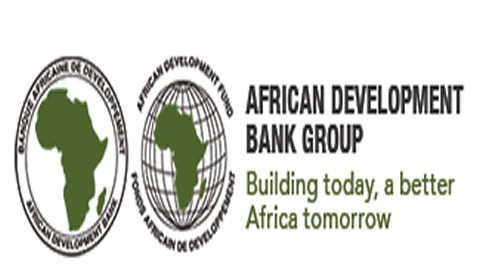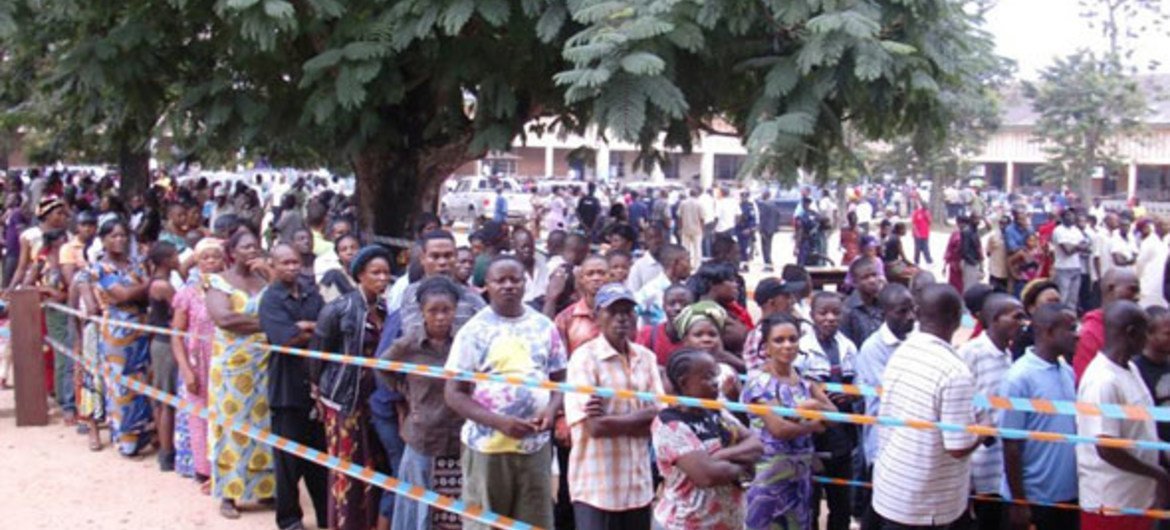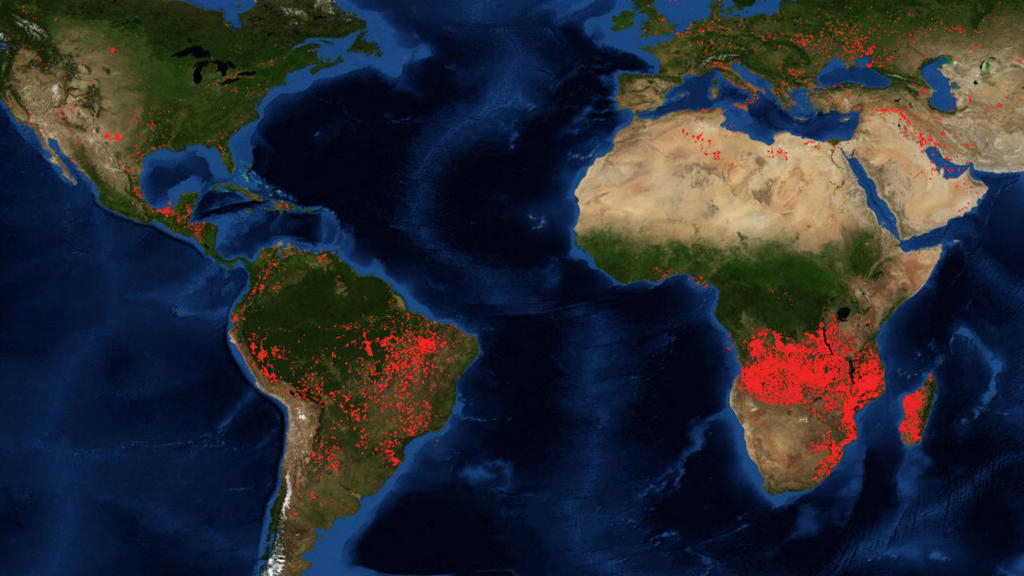Inflation constitutes one of the major economic problems all across Africa, with the food prices in the Democratic Republic of Congo (DRC) and South Africa continuing to rise significantly and with the Senegalese government announcing a rise in fuel and electricity prices starting from Saturday January 7.
In its latest update on food inflation, the World Bank points out that more than 90% of countries experienced inflation above 5% in September, and that the increase was much higher in food. Africa’s seventh largest producer of black gold is unfortunately not spared. The rise in food prices in the DRC continues despite the measures taken by the government to combat the high cost of living. In October 2022, Brazzaville exempted imported products from customs duties before publishing a decree in December of the same year to “freeze the prices of basic necessities”. These measures were welcomed by civil society, but the reality on the market is quite different. Being able to make one or two meals a day in DRC’s capital city has become a daily fight for most households.
In South Africa, food prices also continued to rise in December 2022, according to the latest Household Affordability Index, putting households on the back foot for the start of 2023. Headline inflation was recorded at 7.4% in November 2022, down marginally from 7.6% in October 2022. Food and non-alcoholic beverages increased by 12.5% year on year, and were one of the key drivers keeping inflation elevated. The majority of South African households can ill-afford these elevated prices, with the data showing that an estimated 30.4 million people in the country — more than half the population — are currently living below the upper-bound poverty line of R1,417 a month. Shockingly, about a quarter of the population, some 13.8 million people, is estimated to be living below the food poverty line of R663 a month.
Meanwhile, the Senegalese government has announced a rise in fuel and electricity prices, with the cost of diesel and petrol set to increase by 100 CFA francs. As for electricity, the increase will be applied in installments and will not affect users who consume less than 150 kilowatts per hour, every two months, an effort to spare disadvantaged households. In his recent address to the nation, President Macky Sall announced a reinforcement of the social protection effort in 2023 with the mobilization of 450 billion CFA francs to subsidize food and energy products.



